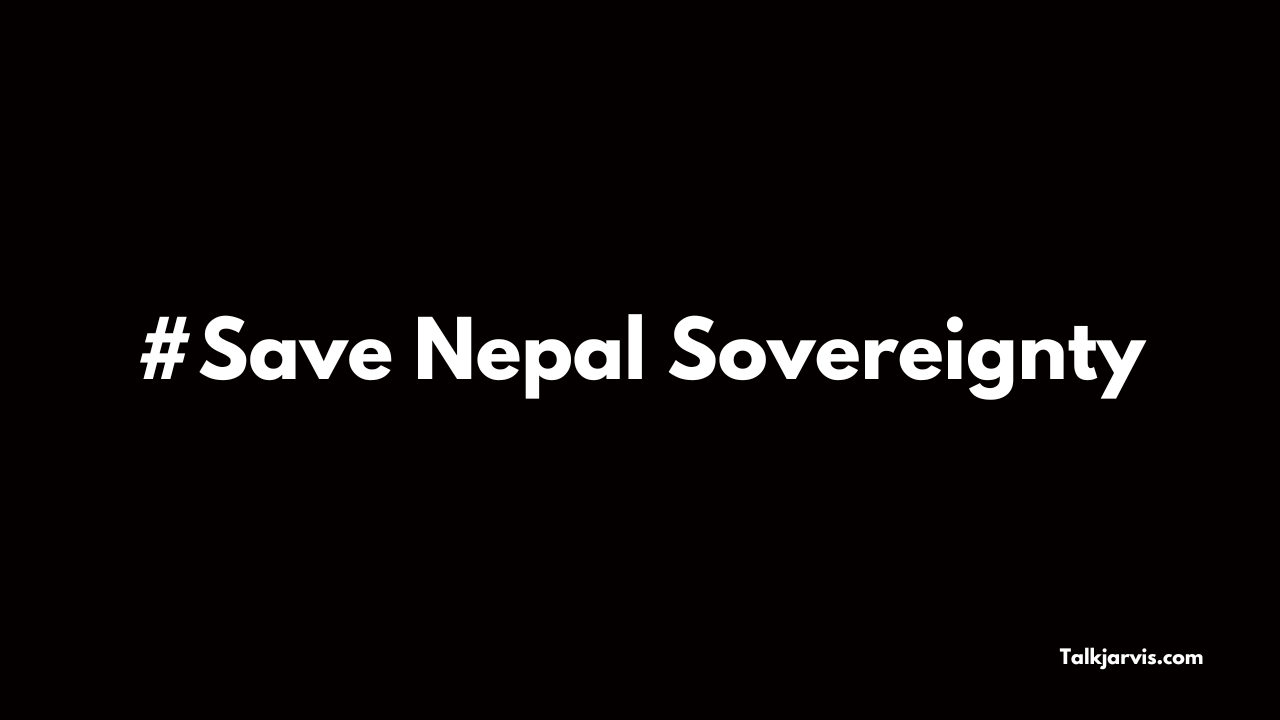In the digital age, social media has become a powerful tool for activism, raising awareness, and mobilizing people worldwide. One such movement making waves on X is the “Save Nepal Sovereignty” campaign. But what is sovereignty, and why is it so crucial for Nepal? Let’s dive into the origins, reasons, and impact of this trending hashtag.
What is Sovereignty?
Sovereignty refers to the authority of a state to govern itself without external interference. It’s about having control over one’s own territory, political decisions, and economic policies.
Importance of Sovereignty for Nepal
For Nepal, sovereignty means maintaining its independence and self-determination. Nestled between two giant neighbors, India and China, Nepal’s ability to chart its own course is vital for its national pride and stability.
The Origin of the Hashtag Movement
Initial Tweets and Influencers
The “Save Nepal Sovereignty” hashtag started gaining traction when influential Nepali activists and public figures began voicing their concerns about increasing foreign influence in Nepalese politics and economy.

Key Moments that Amplified the Trend
Several key events, such as controversial political decisions and international agreements perceived as threats to Nepal’s independence, helped the hashtag gain momentum.
Reasons Behind the Movement
Political Instability
Nepal has experienced significant political upheaval in recent years, with frequent changes in government and leadership. This instability has raised concerns about the country’s ability to maintain its sovereignty.
Foreign Interference
Many Nepalis believe that external powers, particularly neighboring countries, are meddling in their political affairs, undermining Nepal’s sovereignty.
Economic Concerns
Economic dependencies and foreign investments have also sparked fears that Nepal may be losing control over its economic policies and resources.
Major Events Leading to the Surge
Recent Political Developments
The dissolution of parliament, formation of new governments, and signing of international treaties have all contributed to the rising anxiety over Nepal’s sovereignty.
Social Media Campaigns
Activists and citizens have used social media platforms, especially Twitter (X) , to rally support, share information, and organize protests.
The Role of Social Media in Modern Activism
X s a Platform for Change
Twitter’s real-time nature and wide reach make it an effective tool for activism. It allows users to spread messages quickly and gather support from around the world.
Hashtags like #SaveNepalSovereignty help unify the message, making it easier for people to find, follow, and contribute to the conversation.
Key Figures and Organizations Involved
Prominent Activists
Several well-known Nepali activists, journalists, and public figures have been at the forefront of the movement, using their platforms to raise awareness.
Support from International Figures
The movement has also garnered support from international human rights organizations and activists, highlighting its global significance.
Public Response and Sentiment
Voices from Nepal
The response from within Nepal has been overwhelmingly supportive, with many citizens expressing their fears and hopes for the future.
International Reactions
Global reactions have been mixed, with some countries expressing solidarity with Nepal, while others remain indifferent or supportive of the status quo.
Impact on Nepal’s Political Landscape
Government’s Reaction
The Nepali government has had to address the concerns raised by the movement, leading to debates and discussions in the parliament.
Opposition Parties’ Stance
Opposition parties have used the movement to challenge the ruling government, calling for greater transparency and independence.
Economic Implications
Trade and Foreign Investment
The movement has raised questions about the impact of foreign investments on Nepal’s economy and sovereignty.
Tourism Sector
Tourism, a major part of Nepal’s economy, could be affected if political instability continues, deterring potential visitors.
Cultural Significance
Historical Context of Sovereignty in Nepal
Nepal has a long history of valuing its independence, dating back to its unification in the 18th century.
National Pride and Identity
The movement taps into deep-seated feelings of national pride and identity, reminding Nepalis of their rich cultural heritage.
Future Prospects and Challenges
Potential Political Reforms
There are calls for political reforms to ensure greater stability and transparency in governance.
Sustaining the Movement
Keeping the momentum of the movement alive will be crucial for achieving lasting change.
Check this: 24 Celebrities True Names Revealed
Conclusion
The “Save Nepal Sovereignty” movement highlights the importance of independence and self-determination for Nepal. As the country navigates its political and economic challenges, the voices calling for sovereignty remind us of the power of collective action. Moving forward, it is essential for Nepal to address the concerns raised by its citizens to ensure a stable and sovereign future.
FAQs
What sparked the Save Nepal Sovereignty movement?
The movement was sparked by concerns over increasing foreign influence and political instability in Nepal.
Social media, particularly X, has played a crucial role in spreading awareness and rallying support for the movement.
What are the key challenges faced by Nepal in maintaining its sovereignty?
Nepal faces challenges such as political instability, foreign interference, and economic dependencies.
Who are the prominent figures in the movement?
Prominent Nepali activists, journalists, and public figures have been leading the movement.
What can international communities do to support Nepal?
International communities can support Nepal by advocating for its sovereignty and respecting its right to self-determination.
